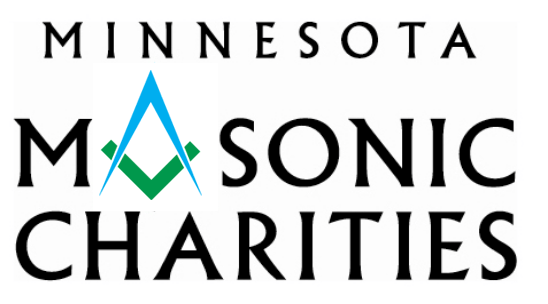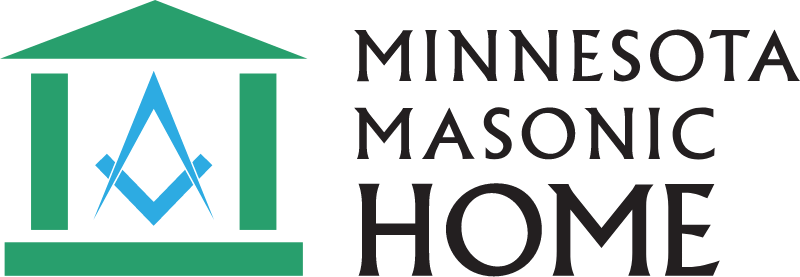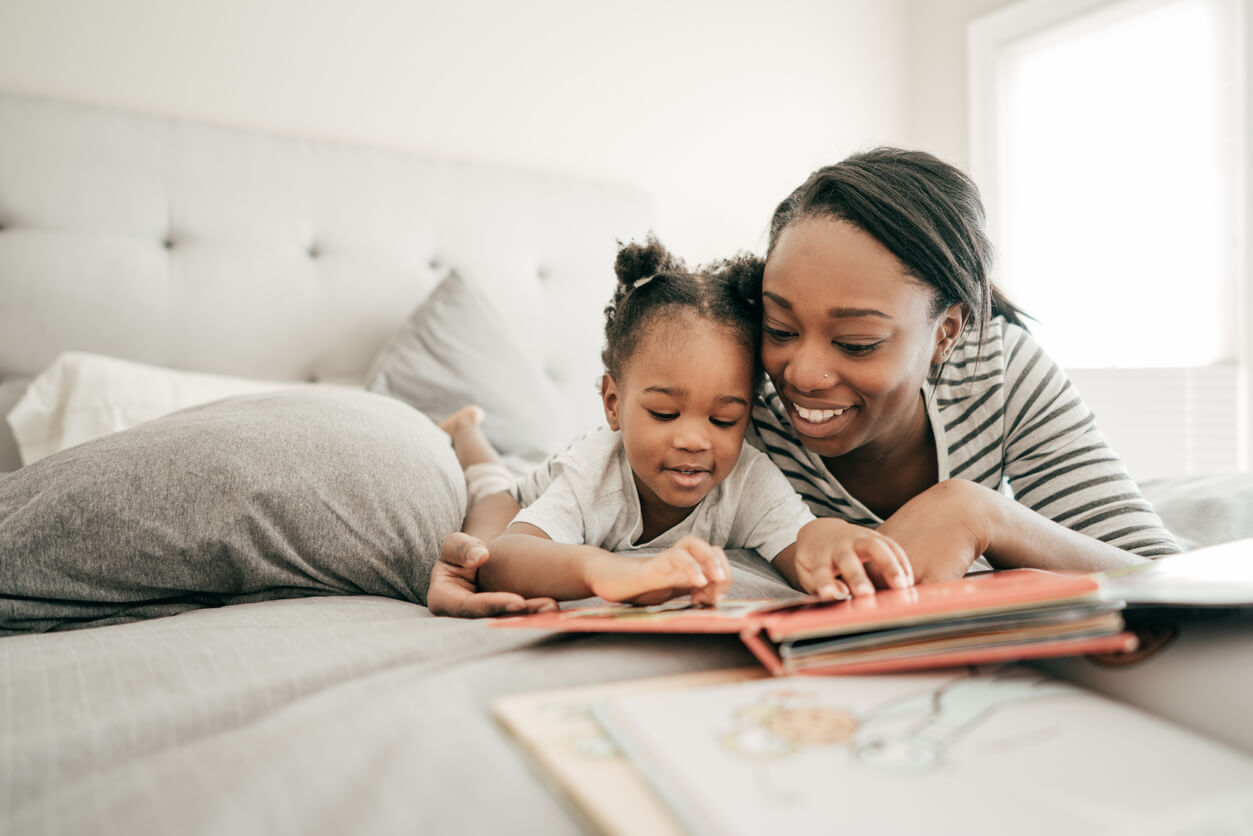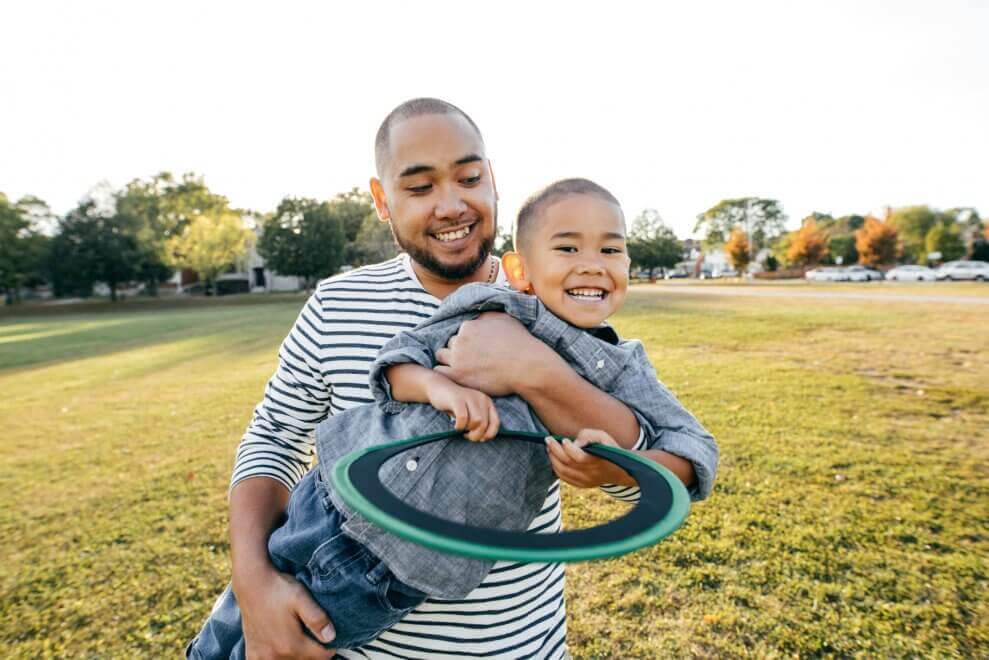I’ve heard it before: “The only thing my child’s speech therapist works on is getting my child to say go. I don’t get it.” There are so many benefits to playing games similar to Ready, Set, Go! Sure, that word “go” is important: it’s an action word, the child is giving a command… but really, it’s about before the word is even said by the child that’s important, too.
But first, what is anticipation? Anticipation, according to Merriam-Webster, is defined as “excitement about something that’s going to happen.” Anticipation is an important skill in early language development. The child learns to wait, to watch, and to look closely at our facial features. The child is learning that our gestures, as well as our facial features, have meanings. These are all important pre-language skills. If the child is able to anticipate, or know that something is about to happen, the child can start to make predictions, think about the future, and begin to learn about routines. The child can gain confidence in knowing what is going to happen next. The child may start to imitate our words or our actions, which are both also important for early language development. Anticipation games are wonderful for increasing joint attention (aka shared attention on an object), eye contact, turn taking, and other pragmatic skills.
Think about the game Peek-a-Boo. This is the classic anticipation-building game. Dad hides behind his hands, asks “Where’s X?” then peeks out with “Peek-a-Boo!” The child is learning to wait, to watch dad’s face, to cognitively predict what will happen, then BOO! The child shares in the positive emotions of excitement, surprise, and happiness with dad. The child might cover her face to make it a turn-taking game. What a cool thing.
What games can you play at home with your young child to build on these skills? Start with activities that are all about you and your child, without any toys as distractions. Play Peek-a-Boo as described above. Try a tickle game where you make a silly sound or pair it with a simple word like “tickle” with your fingers held in the air before dramatically and slowly bringing your fingers down to tickle. Sing simple songs and leave pauses/wait time for your child to fill in the words, “The Itsy Bitsy….”
If the child has already done well with these games, begin to introduce anticipation games that include objects. Roll a car down a ramp back and forth to each other with or Ready, Set… Go! Blow up a balloon and build anticipation with 1, 2, 3…Go! before releasing it to watch it fly around the room! Put a toy on your head and very slowly make the sound like you’re about to sneeze “Ah-Ah-Ah…”, then say “CHOOOOOO!” and tilt your head so the object falls off. Make sure to leave a dramatic pause before the “go” or “choo” to further build up that anticipation as well as give your child a chance to fill in the word verbally.
Create your own anticipation games based around anything that interests your child. How many back-and-forth turns can you get together?
Sorina Larson, MS, CCC-SLP







